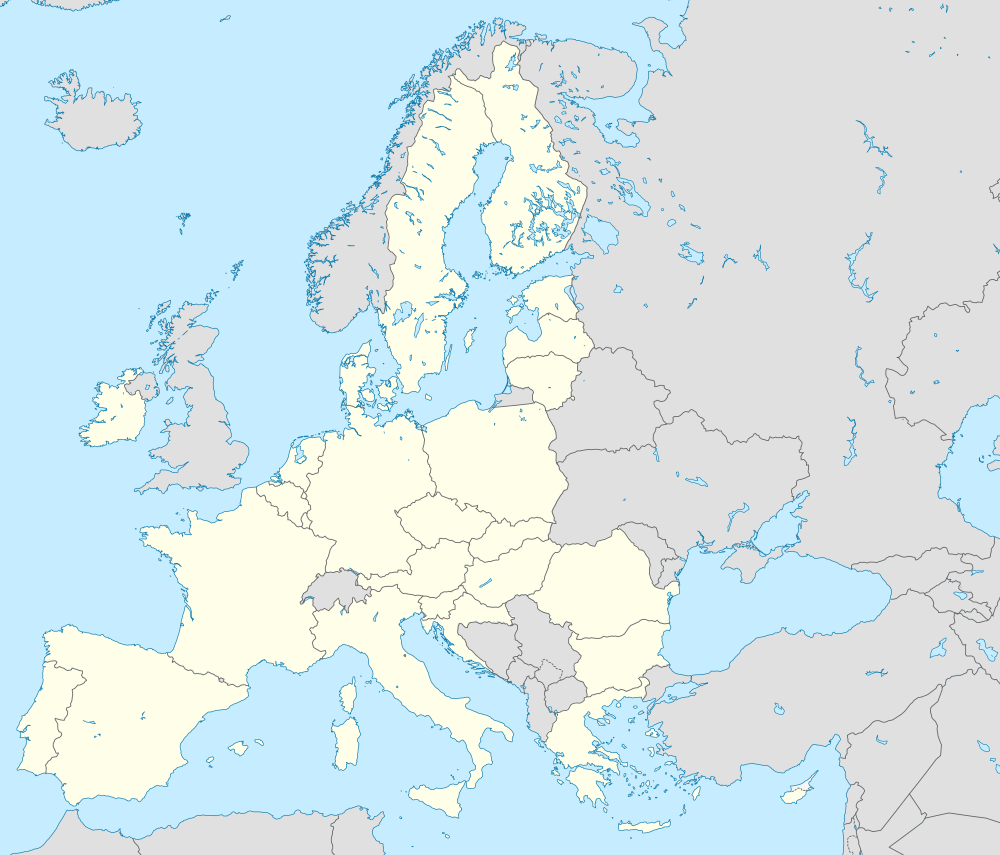European Youth Capital
One year city award From Wikipedia, the free encyclopedia
The European Youth Capital (abbreviated EYC) is a title awarded by the European Youth Forum to a European city annually, designed to empower young people, boost youth participation and strengthen European identity through projects focused on youth-related cultural, social, political and economic life and development.[1] The European Youth Capital is an initiative by the European Youth Forum and is awarded for a period of one year. The first capital was chosen in 2009. Since 2014, the Congress of Local and Regional Authorities of the Council of Europe is an official partner the European Youth Capital title. The current, capital for the 2024 calendar year is Ghent, Belgium.
| European Youth Capital | |
|---|---|
 Logo of the European Youth Capital | |
| Awarded for | Awarded to a city with innovative ideas, projects and activities that aim to raise up young voices and bring a new youth perspective to all aspects of city life. |
| Presented by | European Youth Forum |
| First award | 2009 |
| Website | Official website |
Goals
The European Youth Capital aims in promoting intra-European co-operation between young people. Among the most important aspects of the institution is the betterment of everyday life of the youth in the city selected as youth capital, not just for the duration of the festivities, but in the long term.[2] Additionally, participation of the youth in the design and implementation of the plans for each capital of youth is encouraged by the EYC.[2] Ensuring that the youth are informed and actively involved in society and given opportunities for a better future is also a priority for the EYC initiative.[1] Tourism and increased international prestige are some of the additional benefits of being named European Youth Capital.[1]
Capitals (2009–2026)
Summarize
Perspective
Since 2009, there have been the following European Youth Capitals:[3][4][5]
See also
References
External links
Wikiwand - on
Seamless Wikipedia browsing. On steroids.

